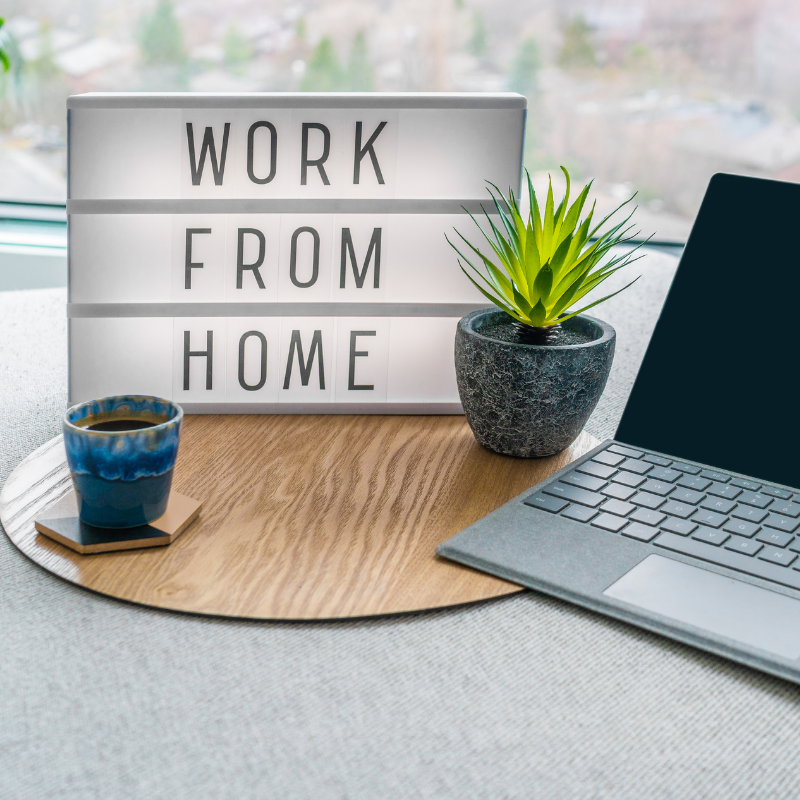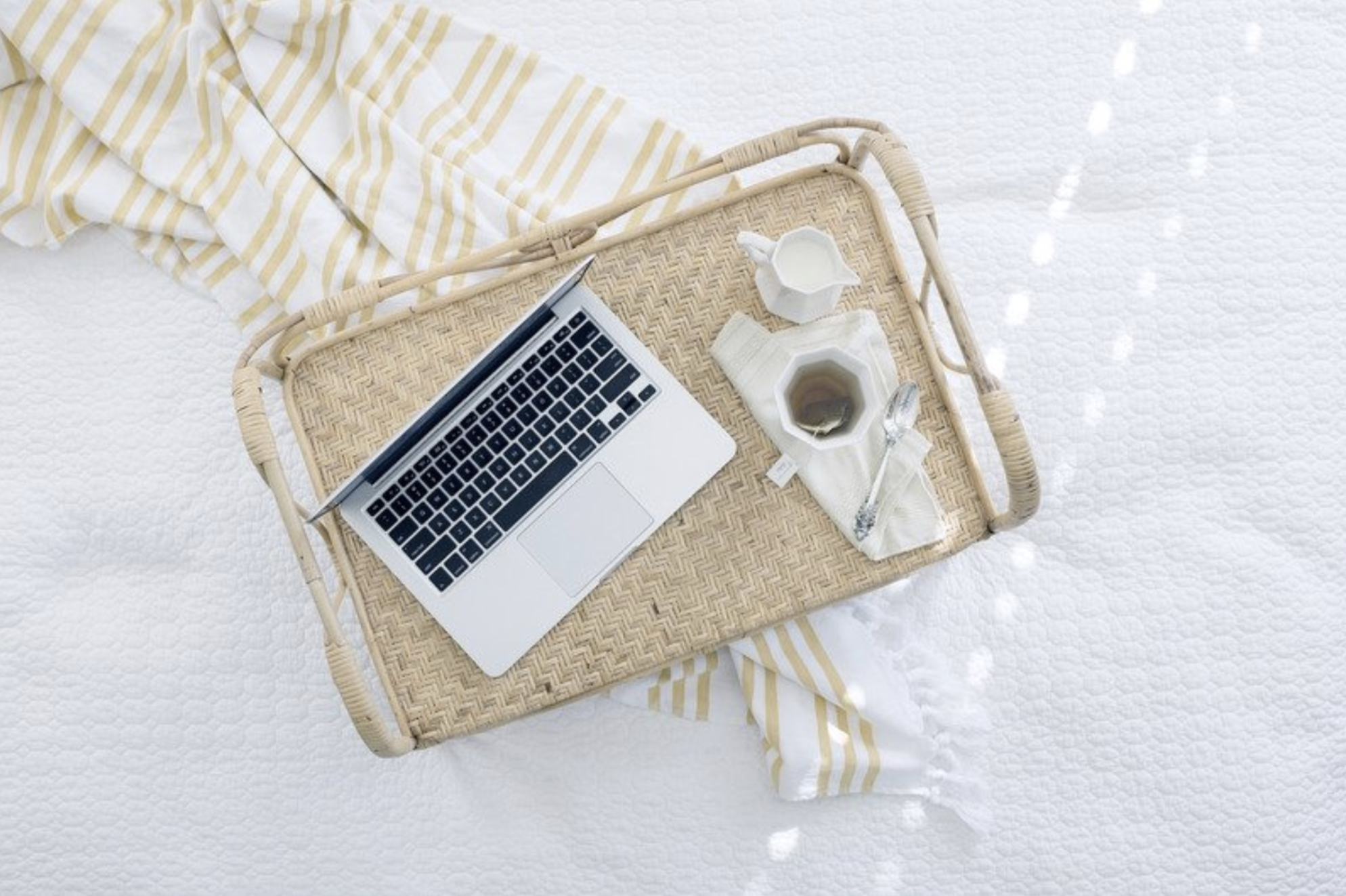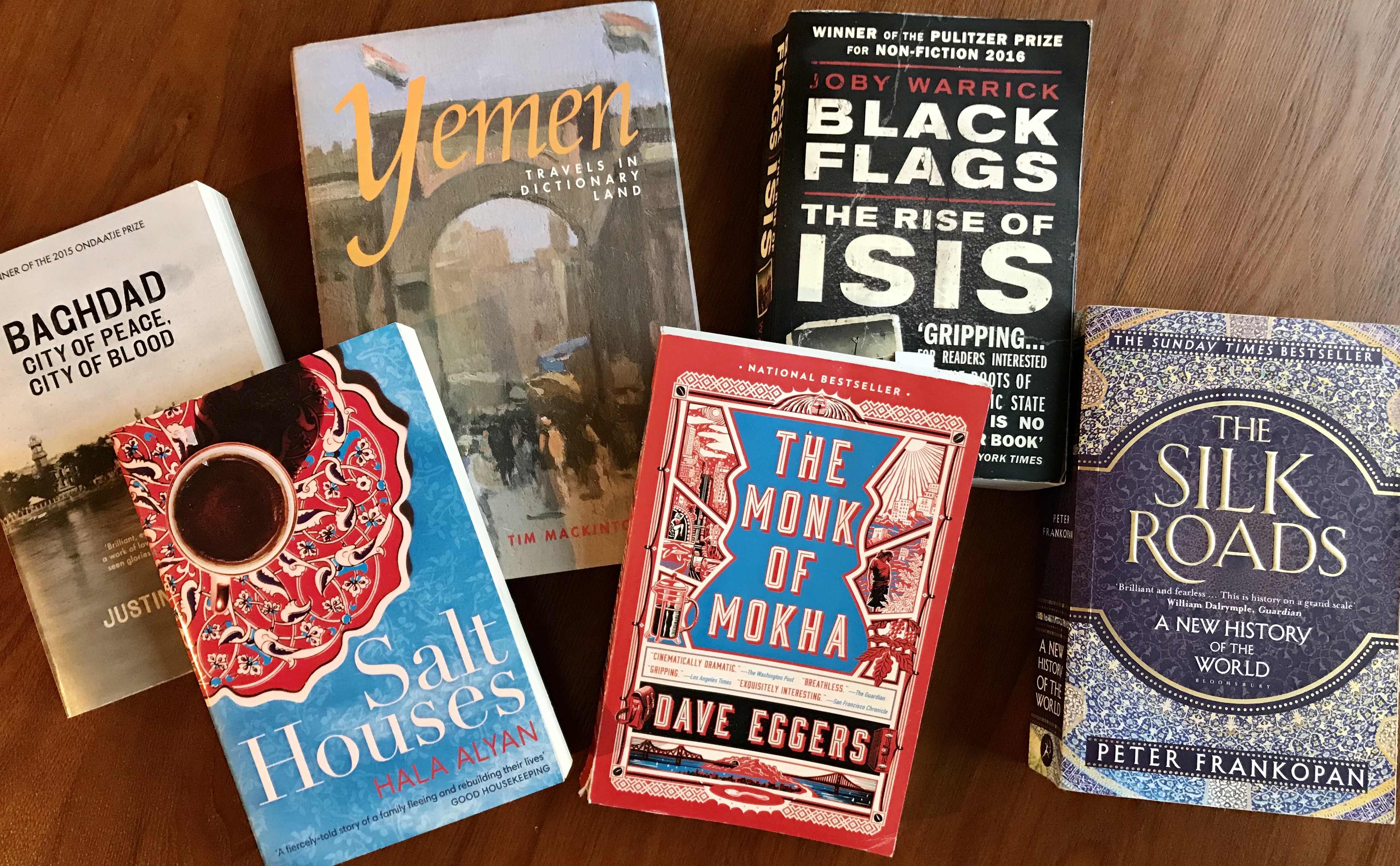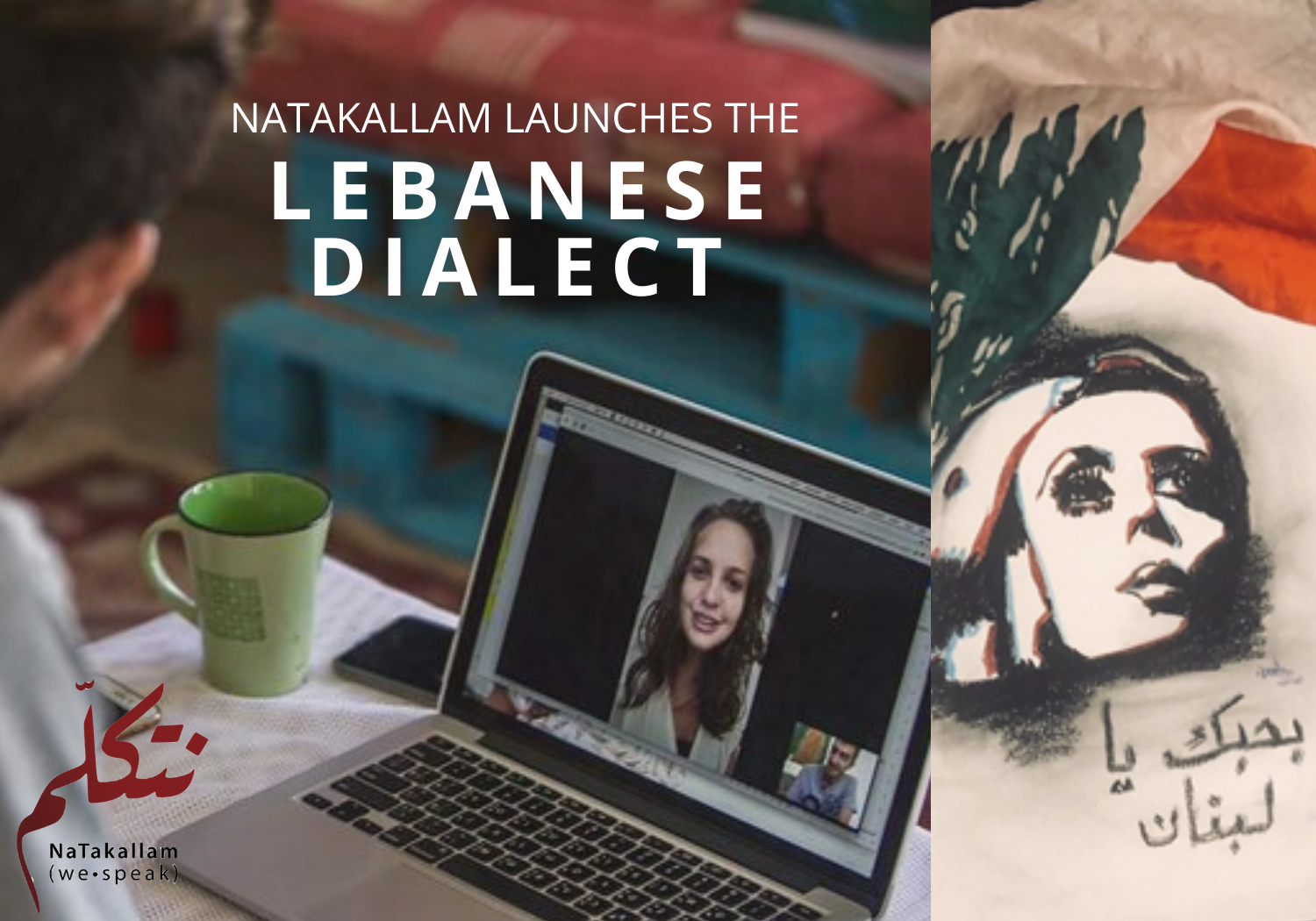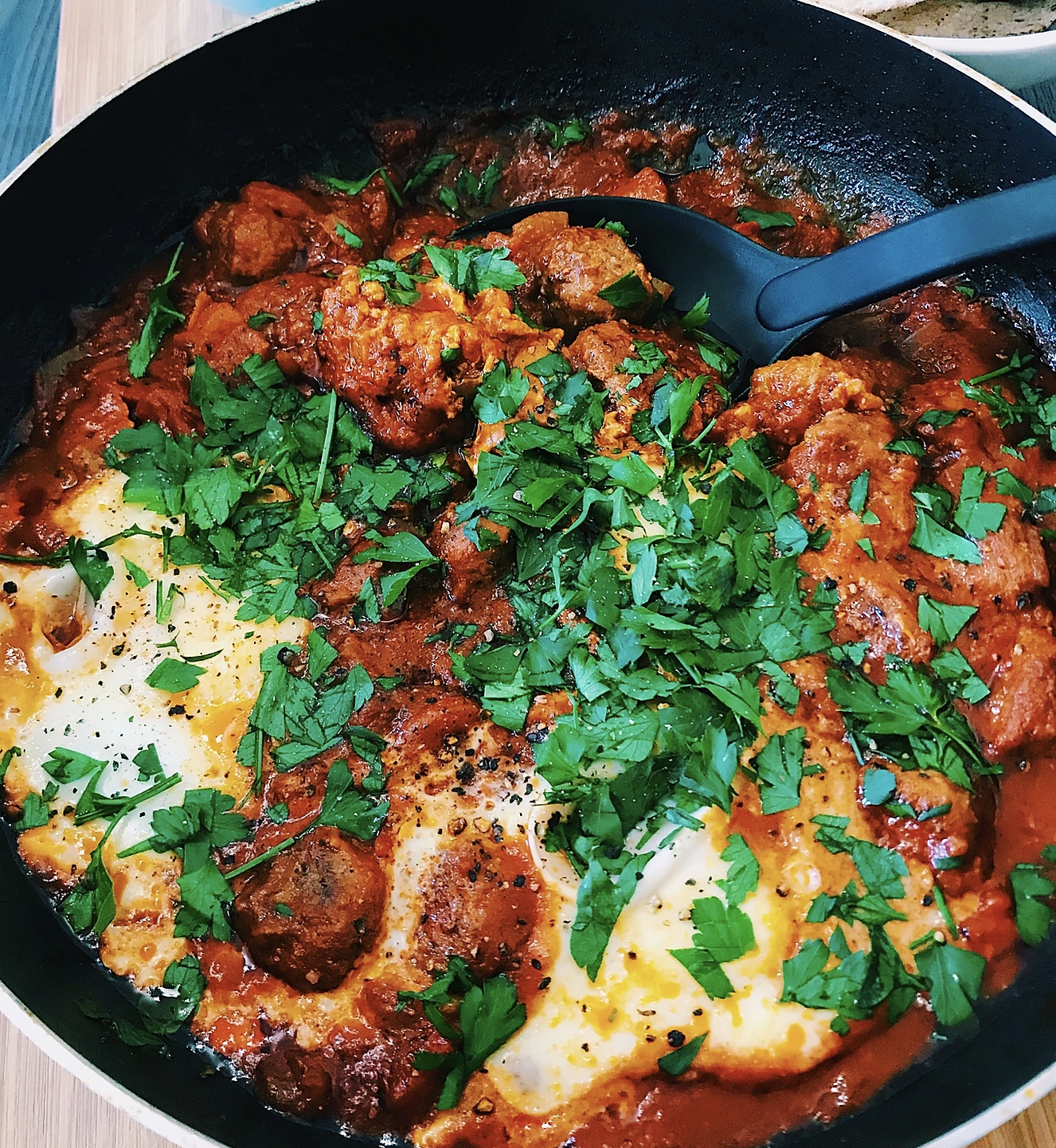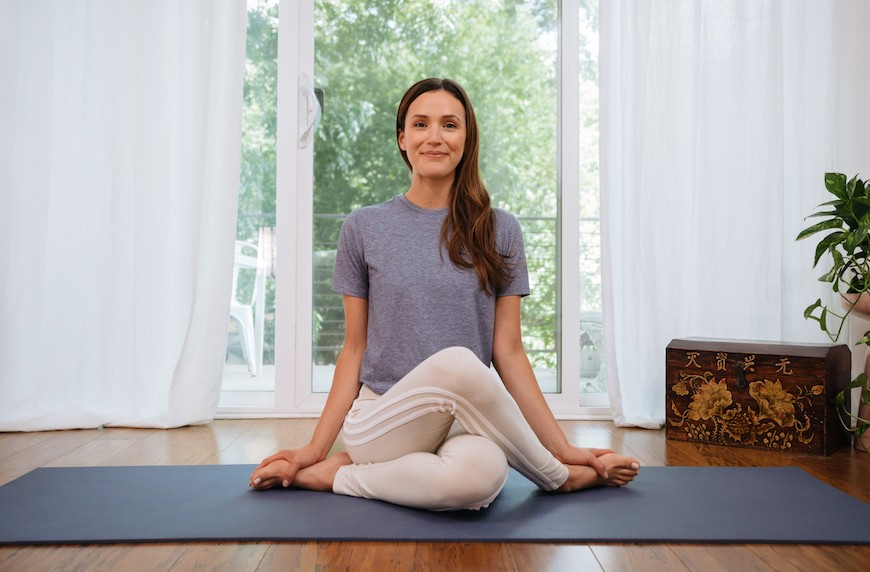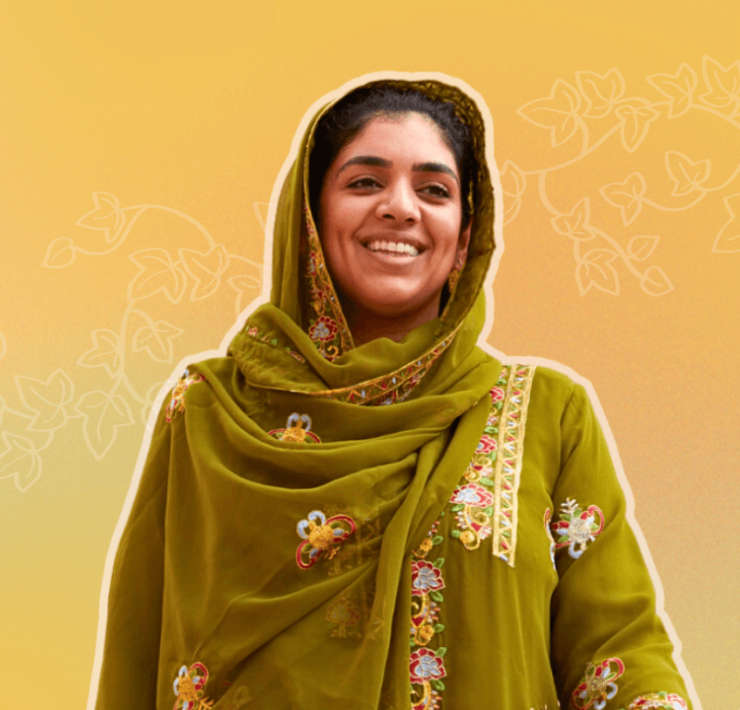With the outbreak of Corona virus causing havoc around the world, we want to send our thoughts and best wishes to our community at this difficult and confusing time. We hope you and your families are all staying healthy and hygienic, and that your jobs, businesses and livelihoods aren’t being too badly affected by everything that’s going on.
If you’re staying home at the moment for whatever reason, we’ve put together a list of 6 tips and recommendations to help you look after your mental health and use this time positively for things you might not otherwise have time for, like reading or learning a language. The list contains mainly tips and recommendations inspired by the Middle East and North Africa, along with some more general ones too.
We also want to encourage our community to think of the people most vulnerable to this virus and to appreciate how lucky we are. As I continue to read about Covid-19 in the news, I can’t help but think of the devastating impact this could have on people fleeing conflict and living in camps, where living standards and hygiene are already dire. We’ve also included some links below to charities working with refugees. If you’re in a position to do so, please do think about using your resources to help others at this time (instead of hoarding toilet paper…!).
1. Catch up on reading
Here’s a selection of our current favourite books, including some recent recommendations from the Pink Jinn community – pop the Kindle on charge!
Inspiring biographies
Freedom is an Inside Job – Zainab Salbi (Iraq)
Revolution for Dummies: Laughing through the Arab Spring – Bassem Youssef (Egypt)
The Monk of Mokha – Dave Eggers (Yemen)
The Education of an Idealist – Samatha Power
Then They Came for Me – Maziar Bahari (Iran)
Fiction
Salt Houses – Hala Alyan(Palestine, Kuwait)
Celestial Bodies – Jokha al-Harthi (Oman)
The President’s Garden – Muhsin al-Ramli (Iraq)
Mornings in Jenin – Susan Abulhalwa (Palestine)
History & Politics
Baghdad: City of Peace, City of Blood – Justin Marozzi (Iraq)
The Rise of ISIS – Joby Warrick (Jordan / Iraq / Syria)
The Silk Roads and The New Silk Roads – Peter Frankopan
In a Time of Monsters: Travel through a Middle East in Revolt – Emma Sky
In Gaza I Dare to Dream – Rana Shubair (Palestine)
Black Wave: Saudi Arabia, Iran and the Rivalry That Unravelled the Middle East – Kim Ghattas (Saudi Arabia / Iran)
From the Holy Mountain: A Journey in the Shadow of Byzantium – William Dalrymple
Travel & Culture
Yemen: Travels in Dictionary Land – Tim Mackintosh-Smith (Yemen)
The Caliph’s House: A Year in Casablanca – Tahir Shah (Morocco)
Girls of Riyadh – Rajaa al-Sanea (Saudi Arabia)
Bad Girls of the Arab World – Nadia Yaqub
City of Lies – Ramita Navai (Iran)
2. Work on your Arabic
Perhaps, like many members of the Pink Jinn community, studying Arabic (or any other language!) is something you’re trying to build a habit around. Maybe you just want to learn a couple of new words a day, or perhaps you have ambitions to converse fluently in every Arabic dialect under the sun. But if you’re anything like me, when it comes to actually sitting down and learning vocabulary or grammar, you suddenly find the house desperately needs cleaning, you need to pop to the shop for an emergency pint of milk, or you disappear down an ‘urgent’ email rabbit hole for an hour…
If you’re on lockdown at home, there’s no better time to start building a new language-learning habit – but it doesn’t have to be painful! Here are a few tips for building a quick and easy language learning practice into your daily routine:
- Spend 5 minutes a day on an interactive language learning App like Drops of Duolingo learning new vocabulary.
- Watch a 10 minute video from BBC Arabic or Al Jazeera, or one of the many Arabic language learning Channels on YouTube.
- Listen to Arabic radio or music (here are our 7 favourite Arabic music playlists on Spotify)
- Read (if you can) an Arabic news article every day, looking up the words you don’t know and making a note of them for later. I love using BBC Arabic for this, as their articles tend to be relatively straightforward and to the point (and if you really don’t understand what’s going on they often publish the same news stories on their English-language site!).
- Find an online language partner to practice remotely! We highly recommend Natakallam, which partners learners of various languages (including Arabic and Farsi) with refugees across the Middle East, North Africa and beyond. This is an incredible way to practice your spoken Arabic – usually the hardest thing to self-study for obvious reasons – whilst also supporting victims of conflict and changing people’s lives! They also offer a variety of dialects (their most recent addition is Lebanese!).
You might also like these 7 essential resources for Arabic students!
3. Netflix and chill
The following list contains a mixture of movies, series and important documentaries which are mainly (but not exclusively) focused on the Middle East and North Africa, some of them in Arabic:
Movies
For Sama (Syria)
The Angel (Egypt, Israel)
Capernaum (Lebanon)
Wadjda (Saudi Arabia)
Series
Baghdad Central (Iraq)
Fauda (Israel/Palestine)
Jinn (Jordan)
Al-Hayba (Lebanon)
The Gift (Turkey)
Documentaries
Tickling Giants (Egypt)
Undercover with the Clerics: Iraq’s Secret Sex Trade (Iraq)
The Square (Egypt)
The White Helmets (Syria)
The Great Hack (USA)
Farenheit 11/9 (USA)
Here’s another great list of movies filmed in Morocco that you can stream on Netflix, put together by our lovely friend Amanda at Maroc Mama!
-
Cook!
Having a supply of delicious healthy food is so important not only for your immune system, but also for your mental health! But when you know you’re going to be stuck at home for long periods, it can be tempting to resort to stockpiling things like pasta, cereal and other non-perishable but not particularly healthy items.
Here are 3 go-to Middle Eastern & North African inspired recipes that we recommend, which draw heavily on foods like beans, tinned tomatoes and delicious spices which you can keep in the cupboard for months. They’re also perfect for batch-cooking and freezing so you’ll have a steady supply of healthy and delicious meals!
Shakshuka – recipe from The Foody Girl
Despite the rise of Shakshuka to prominence on the menus of bougie brunch cafés, this Moroccan favourite is such an easy, cheap and delicious dish to make at home, so you won’t feel like you’re missing out. In fact, if your friends are on lockdown too, you could even book in a virtual Saturday morning ‘brunch’ date and cook this together…
Top tips: While this is usually enjoyed fresh, it actually works really well for batch cooking (minus the eggs!). Try making double quantity and freezing in portions, then just defrost, reheat and crack in as many eggs as you want for each serving. Pitta breads are easily freezable and great for dipping, or you can serve it with grilled/fried halloumi (an unopened packet will keep in the fridge for up to a year!). Fresh ingredients needed: onion, garlic, peppers
Mujadara – recipe from Fufu’s Kitchen
This delicious, cumin-flavoured rice dish is often enjoyed in the Middle East as a comforting dinner during cooler seasons and has just three core ingredients. The only fresh ingredients you’ll need for this are onions (unless you want to make the tomato salsa and cucumber yoghurt yourself in which case you’ll need a bit more fresh produce).
Ful and chickpea stew – recipe from Sifra-Safar
Ful (beans) is usually eaten for breakfast in the Middle East and North Africa, but hey, you work from home so you make the rules… This dish is wonderfully comforting – and also vegan!) – and you can easily batch cook, freeze and reheat. Fresh ingredients needed are tomatoes, onions and garlic. If you want to use fresh spices, we recommend buying and freezing these so you have them ready whenever you need them!
-
Move!
Okay, we don’t have any specifically Middle East & North Africa-inspired suggestions on how to do this (although you could learn how to bellydance online!), but this is SO important for your overall health and mental wellbeing!
If you live in the countryside, perhaps you’re able to get outside for a walk. If you’re confined to your house or apartment, exercise might seem a little more difficult, but you still have options! There are thousands of at-home workout videos on YouTube. I particularly love at-home yoga – it calms my mind and gets my body moving, and there are options for all levels of ability and energy. My personal favourite is Yoga with Adriene – and her other 6.2 million subscribers agree!
-
Give back
Finally, being confined to your house can make you feel helpless and frustrated. I argue there’s no better way to boost your mental well-being than to support others, either in your community or vulnerable people elsewhere in the world. If you’re able to, please consider donating to a charity working with refugees and victims of conflict. People on the move and living in camps are already incredibly vulnerable to disease and infection due to dire living conditions and lack of hygiene, so an outbreak of Covid-19 could be potentially devastating. Here are a few charities working to improve the lives of these people:
Hands Up Foundation – Syria & Turkey
Khalsa Aid – Syria, Iraq & Lebanon
Help Refugees / Choose Love – Greece & France
Sea of Solidarity – Greece & Turkey
We hope you’ve found this helpful and that you and your families stay well. We’re thinking of everyone in our community at this time of uncertainty and urge everyone to stay calm, focus on self-care and think of others. With love, Pink Jinn ✨🌙
Subscribe to the Hump Day Newsletter to get the latest blog posts from Pink Jinn and insights into what’s going on in the Middle East and North Africa – delivered straight to your inbox on the first Wednesday of every month!
You’ll also get exclusive access to our Resource Bank and 10% off everything in our Etsy shop – The Souq ✨

